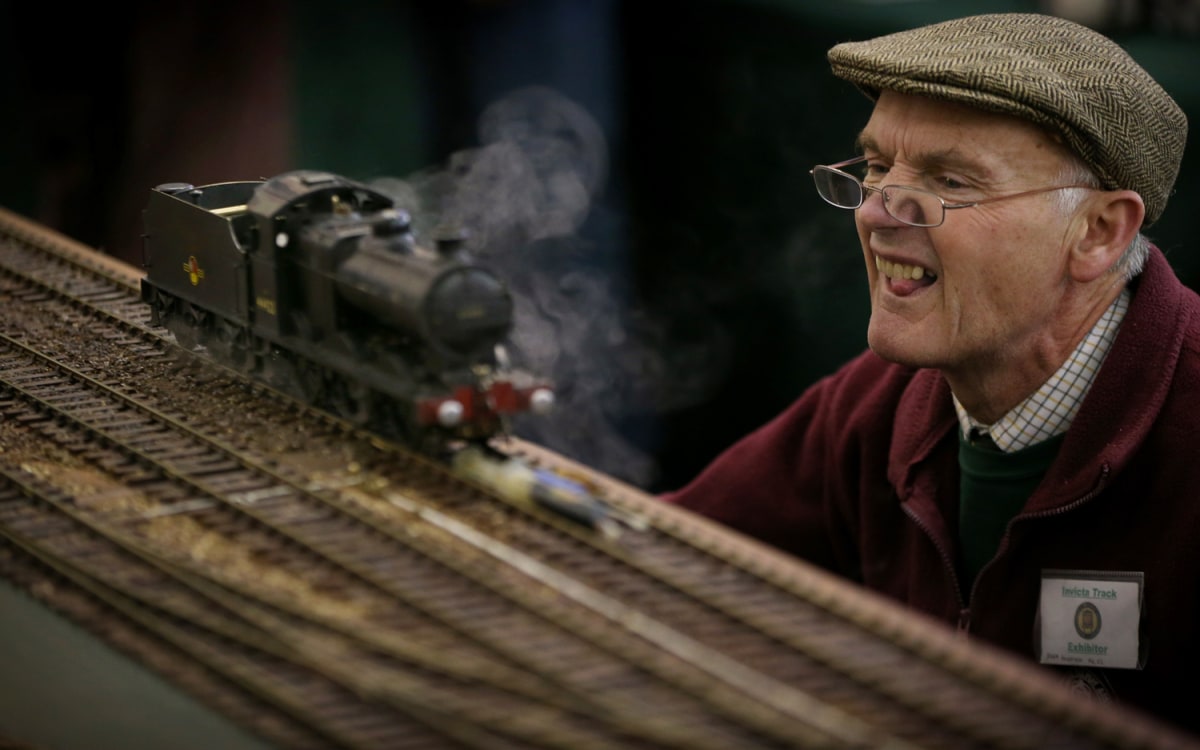
OK; let’s be honest with each other. We’ve been AWOL for….well….it looks like two weeks.
Now it’s your turn to be honest. We’re guessing you barely noticed, and even if you did, you really didn’t much care, or were at least grateful for the break from our usual inanities. Thanks for being frank with us. If not chance or shirley.
The truth is the holiday season, and this year, the early foul weather, have taken their usual toll on our priorities. For the first time in several years, we had the whole clan here for Thanksgiving. Only to be surprised by an 11” snow before hand, when we hadn’t yet converted our yard tractor to snow blower configuration! Just a week before, we’d made our last mulching pass over accumulated fallen leaves.
We’re still out of sync with the chores of the seasonal transition, but we won’t bore you further. Suffice it to say that from here on out through the end of the year, our ‘reporting’ level will be severely diminished because of life getting in the way. And we’re glad it does. We hope it does the same for you.
Moving on, we want you to read and absorb a column of a few weeks ago by George Betke, a transportation professional and guest columnist here on Other Side a few months back. It appeared in the BDN, and we’re posting it here because we presume George would give us his permission to do so.
Amtrak’s Brunswick boosters should focus on cutting losses, not grandiose schemes
By George C. Betke Jr., Special to the BDN
Posted Nov. 18, 2014, at 1:26 p.m.
George Danby | BDN
No Maine politician was in full campaign mode this fall more than the longtime head of TrainRiders/Northeast, the advocacy group for Northern New England Passenger Rail Authority, which continues to extol the presumed virtues of extended Amtrak rail service beyond Boston and Portland. Its sole standard of success appears to be Downeaster ridership, which has been “gradually increasing over the years” but not lately, either for all trains or those serving the Brunswick extension, now ending its second year of operation.
Just as politicians obfuscate facts and create distractions, so does this organization of enthusiasts enamored with the notion that a widespread rail renaissance is worthy of massive public investment and ongoing subsidies. Its vision, acute so long as federal funding and compliant public officials are available, is nonetheless backward looking to an era predating the interstate highway system and modern airline network. States pay a heavy premium to extend passenger rail service to sparsely populated outlying areas.
TrainRiders’ true colors were revealed at its recent annual banquet in mid-October.
“It all depends on money, but there will be grants available,” its chairman declared while promoting a new, “seamless” route to New York. “After the election, there will be all kinds of new little surprises,” he said referring to the role of politics in such matters.
Special interest wish lists too often lead to bad public spending — politicians say “investment” — decisions. An airplane is faster, bus cheaper and both are more frequent. So why should the many underwrite a train for the few who would use it?
The comparable Vermonter route — St. Albans, Vermont, to New York in 9 hours, 26 minutes — covered only 43.7 percent of its direct operating expenses in 2012, according to Amtrak. TrainRiders seems oblivious to Amtrak’s dire need to right-size an overextended national passenger network that is increasingly dependent on subsidies for 29 routes from 18 participating states.
The opening paragraph on the Northern New England Passenger Rail Authority’s website describes “a public transportation authority created in 1995 by the Maine State Legislature to develop and provide passenger rail service between Maine and Boston and points within Maine.” The operation is acknowledged to require substantial federal and state support, but there is no mention of the expense side of the financial equation. In the minds of some, Amtrak simply should run more trains to accommodate whatever demand may exist at various times of day, regardless of the inescapable need for greater public subsidy. An inter-city passenger train is a string of costly vehicles that must be well patronized to minimize losses, for direct operating expenses vary negligibly with seat occupancy.
We’ve been conditioned to believe the Downeaster is a great thing for Maine and Brunswick, even though the primary benefit accrues to out-of-staters at Maine’s net expense. The Portland Press Herald reported in September that 63 percent of patrons boarding or leaving the four daily Brunswick trains during the fiscal year ended in June did so at stations in New Hampshire and Massachusetts, where the schedule is convenient for Boston commutation. “The popularity of the train in the southern end of the route makes it hard to fill the train in Brunswick,” the Press Herald reported, paraphrasing the authority’s executive director. “So a prospective customer who wants to board in Brunswick and travel to Boston may not be able to reserve a seat because all the available seats for that train are reserved by passengers who will board farther down the line.”
The translation of that statement is, “absent more substantial and consistent demand at Maine stations, we must fill otherwise empty seats with regular down-line commuters and occasional travelers attracted by a variety of promotional discounts.” Without their revenue contributions, continued Downeaster service could not be assured. The low-fare Haverhill passholder ($6.64 each way for a 21-weekday month) can preempt an occasional Brunswick patron paying significantly more ($14.50 with a round-trip “value” ticket).
Adding midday Brunswick trains is an unlikely remedy for disappointing revenue production there, however, because out-of-state seat occupancy should be considerably lower outside of normal commutation hours. Either way, persistent claims that the Downeaster is overwhelmingly successful are suspect when it diverts far more traffic from highways in states other than its principal subsidizer.
When will we learn that small and/or seasonal markets cannot support grandiose schemes? Initiatives like the Nova Star international ferry, the Montreal hotel train and the Downeaster to New York are expensive transportation niceties, not necessities, viable only so long as politicians authorize speculative public outlays to establish, operate and maintain them.
No knowledgeable person expects light-density Amtrak service to be profitable, even without attributing capital charges. Maine taxpayers should, however, expect the authority to focus on minimizing losses rather than extravagant empire building to the Empire State.
George C. Betke Jr. is president of Transport Economics, Inc., a Newcastle consultancy.
Here’s the link to the item as it appeared in that paper:
Be sure to see the posted comments, which are highly revealing. The thinking of those most supportive of passenger rail service is laid bare, so to speak. Hardly any mention the difference between freight and passenger rail. Virtually none mention that today’s buses are ultra clean, and far more environmentally friendly than a passenger train. Especially one running with so few passengers.
As to comments about “all modes of transportation being subsidized,” suggesting that it’s perfectly fine to shovel millions per year (that we don’t actually have) into operating the Downeaster, we take exception.
As an example, we cite the Maine Turnpike. We pass along this input from an authoritative source:
MTA (Maine Turnpike Authority) is paying its own way. There has never been $1 of tax money of any kind spent on the Turnpike. It is 100% funded by tolls and borrowings by investors (bonds.) I have been on the board for three years and haven't seen the MTA's finances in better shape than now.
We defy anyone associated with the Downeaster (and Amtrak, for that matter) to even hint at such a thought.

Not that devoted and thoughtful supporters won’t try.

No comments:
Post a Comment